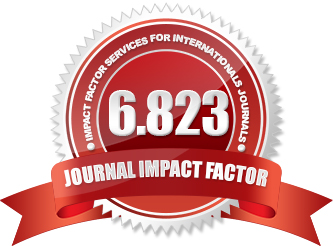THE PROBLEMS OF PHONETIC INTERFERENCE IN MASTERING ENGLISH PRONUNCIATION AND WAYS OF ITS PREVENTION
DOI:
https://doi.org/10.51699/pjcle.v6i.50Keywords:
pronunciation, interferential, bilingualism, phonetic, acoustic, language experience, phonology, difficulties, zones, prevention, error, interdental soundsAbstract
With developing interest to teaching/learning foreign languages, especially English, a lot of decrees and regulation are being issued on this matter in Uzbekistan. One of the major problems in teaching/learning English is considered to be the phenomenon known as “interference” or positive/negative transfer. A vast majority of teachers of English throughout the world have an opinion that pronunciation is of great importance in learning a language and errors occurring while pronouncing (phonetic interference) can result in misunderstanding. In order to avoid these probable errors, it’s proposed to conduct phonetics in the very first year of education. The following article concerns with the importance of some features of pronunciation and the problems occurred in the process of mastering foreign-language pronunciation; In addition, it gives vivid examples of phonetic interference and methods of famous scholars on preventing linguistic interference occurrences. Moreover, we analyzed specific sounds which may undergo phonetic interference among Uzbek/Russian speakers.






